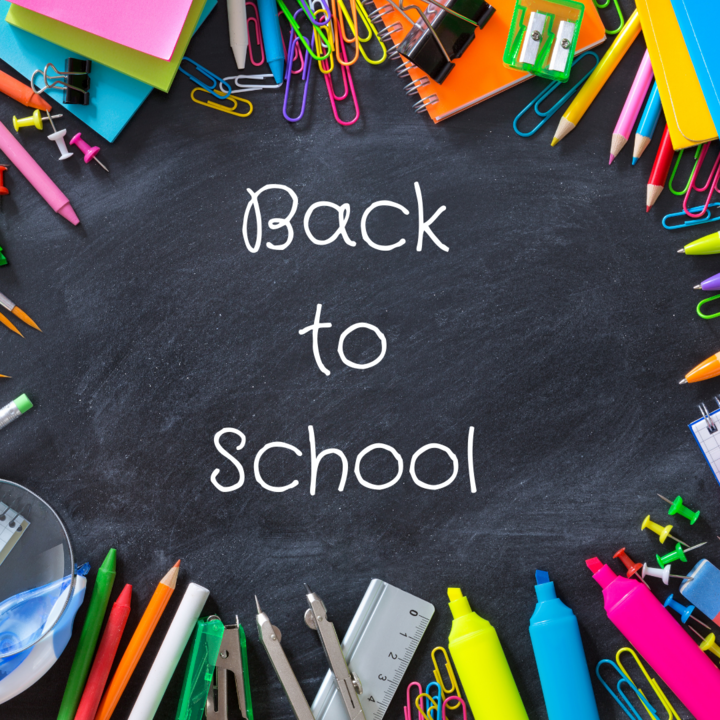Back to school asthma checklist

Every year there is a rise in asthma flare-ups and attacks when children return to school after the long break, thereby increasing preventable emergency department visits, hospitalisations, and days off school.
With that in mind, now may be a good time to look at your child’s asthma care and see that everything is up to date. Read on for some tips on what to check.
1) Asthma action plan
Evidence tells us that using an asthma action plan can help reduce hospitalisations, improve lung function, and reduce the number of days off school.
The NT department of education, Catholic education and NT children services require an up-to-date plan for each student signed by your GP at the start of the school year. Asthma plans should be reviewed at least every 12 months or when medication changes occur.
During the GP visit this is a good time to get them to review medications, symptoms, and device technique.
2. Reliever Medication
Check with your school about their medication policy and work with the staff to find the best way to manage your child’s asthma medication at school. This includes access to medication prior to physical activity (where applicable).
- Puffers and spacers should be clearly labelled with your child’s name.
- Check that medication is in date with sufficient medication remaining.
3. Talk to school staff.
Make time to talk with the class teacher and the school nurse (where applicable) about your child’s asthma, their asthma plan and their usual triggers, symptoms and medication. Asthma triggers can be quite unique to each individual so ensure your child’s specific triggers are also recorded on the action plan, so staff know what to look out for in your child.
It’s also advisable to talk to your child’s sport coaches, after school care etc. Remember to keep staff up to date with any changes to your child’s asthma management.
Use this valuable time to
- Go over your child’s asthma plan
- Discuss the signs of asthma specific to your child
- Show them your child’s asthma medication and demonstrate how to use it
- Discuss the extent to which your child can self-manage their asthma and/or where they need help
- Provide details of how to contact you when: Your child has asthma symptoms or needs to use their reliever at school.
It is also a good idea to make sure your child understands the importance of social distancing, hand hygiene and mask wearing (if applicable) as contracting COVID 19 can increase the risk of Asthma flare ups. It is also recommended by the national Asthma Council that all eligible children (5 years and above) with asthma are vaccinated for COVID 19. You can read the press release here Call to vaccinate children with asthma for school start - National Asthma Council Australia.
If you have questions or concerns about your child’s asthma management please don’t be shy, reach out to our friendly AFNT educators for advice. Although we are not currently seeing clients in person, we are able to offer consultations via telehealth. We do this via phone or if it’s a device check you need, we can do this via Zoom.
Please call Asthma Foundation NT on 1800Asthma (1800278462) or email [email protected] to make a telehealth appointment.
AFNT acknowledges the Traditional Owners of the lands on which we meet and conduct our services, respecting language and culture and elders past and present.
© Asthma Foundation NT 2019
Darwin Web Design by Dash Media

